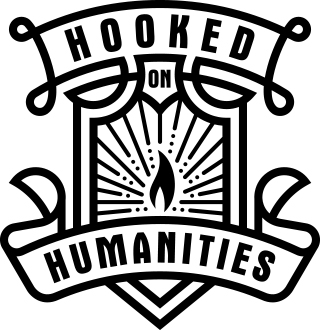This 5-page resource for the Year 12 unit Russia and the Soviet Union 1914-1945, requires students to undertake wide reading and respond to a number of source-based questions. The aim of the resource is to encourage students to question whether the collapse of Tsarist Russia was inevitable.
The resource begins with revisionist historian, Sheila Fitzpatricks' view on tsarist Russia's political position in 1914. At the conclusion of this work, students are given the opportunity to explore the 'perspective' of a secondary source. A series of questions have been included to assist students in answering this question.
At the conclusion of this task, students will be ready to explore the events surrounding the spontaneous revolution of February 1917. You will be able to download this resource here.
{YEAR 12}: Source Analysis - Russia's Ruling Elite
An examination of Russia and the Soviet Union 1914-1945, requires students to have an understanding of the nature of the ruling class at the turn of the century.
This 3-page resource provides 4 sources to stimulate robust classroom discussion about tsarism and particularly, the nature of Tsar Nicholas II's rule.
The resource sheds light on the changes that had taken place as a result of the Emancipation Act of 1861. In particular, students will note the shifting of political power away from the nobility and the growth of the bureaucracy which comprised of the new educated classes who sought constitutional reform. You will find this resource here.
{YEAR 11}: Source Analysis - Message and Usefulness
Having undertaken some detailed research on U.S.A.'s involvement in the First World War, students have the context for source work on this topic.
The resource we have prepared focuses on developing an awareness on how this needs to be done. In particular, the focus is on the 'message' and 'usefulness' questions.
Building student confidence in 'attacking' sources is important and this resource provides the scaffolding students may need. Two sources have been chosen and a series of questions posed so that students analyse the source and read them inferentially. You will find the resource here.
{Year 11}: U.S.A. and World War 1
The Great War was fundamentally important to the rise of capitalist America, not only economically as she emerged as the world's greater creditor. America became a political power that lasted more than a century. The resource prepared for this topic revolves around students undertaking independent research and working at synthesising the information they read from various reliable sources. At this stage, we believe it is important to provide students with reading materials. Students are new to the rigour of historical research and the focus is on accessing and understanding reliable texts. You will find this resource here.
{Year 11}: Robber Barons or Captains of Industry?
Bernhard Gillam. "The protectors of our industries". Puck 7 February 1883.
As we begin our second year teaching the new Modern History course, "Capitalism: the American Experience 1907-1945", we can begin to explore topics such as this in greater depth. The predatory image of the robber barons of the late 18th century and early 19th century is an interesting and important idea for students to explore.
If we define capitalism as Michael Merrill does i.e. rule by (or in the interests of) capitalists, then the role of entrepreneurs like Cornelius Vanderbilt is of paramount importance in the rise of capitalist America.
The resource prepared for this purpose can be found here.
Should you require any further information on this resource, please contact us.





